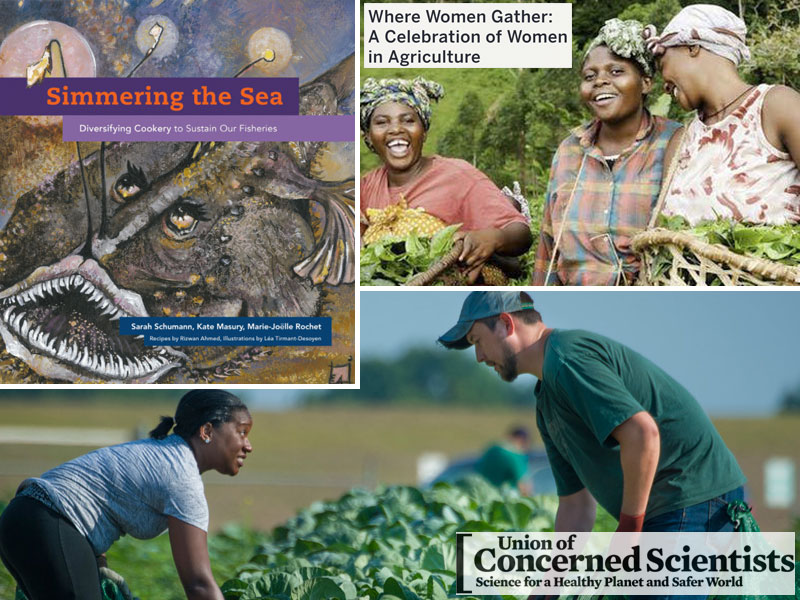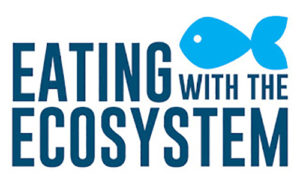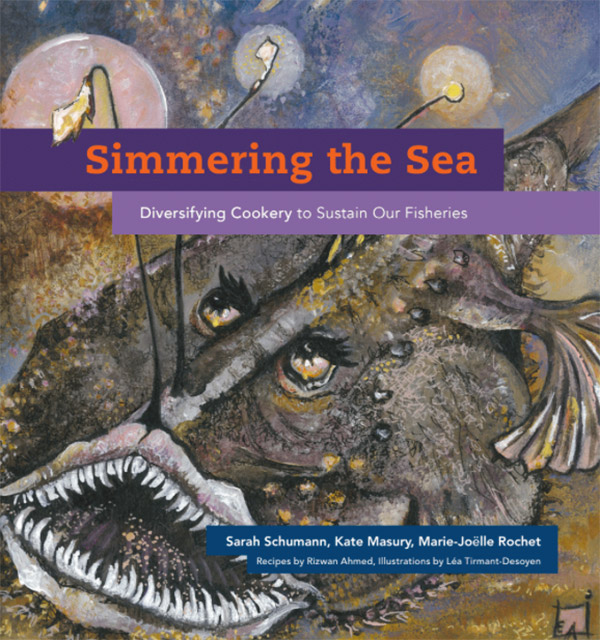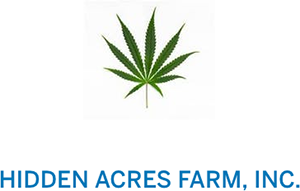Don’t miss these items in local food and agriculture news from around our region:
SIMMERING THE SEA: DIVERSIFYING COOKERY TO SUSTAIN OUR FISHERIES
You’ve heard that variety is the spice of life, but did you know that eating a wide assortment of seafood can actually help sustain ocean ecosystems? Simmering the Sea is an underwater culinary adventure where you will meet (and learn how to prepare) 40 under-appreciated fish and shellfish that populate the Northwest Atlantic Ocean. Sample species as varied as the coastal slipper limpet to the deep-water Acadian redfish, while learning how each one contributes to a flourishing ecosystem in the sea.
Produced through a partnership between the University of Rhode Island, the nonprofit Eating with the Ecosystem, and Johnson & Wales University College of Culinary Arts, this is a beautiful, one-of-a-kind cookbook that can serve as your manual for a more intimate and balanced relationship with the marine ecosystems off New England’s shores.
Authors: Sarah Schumann, Kate Masury, Marie-Joelle Rochet
Recipes: Rizwan Ahmed
Illustrations: Lea Tirmant-Desoyen
Publisher: University of Rhode Island
Format: 7 x 7.5 Hardcover
Pages: 100
Price: $20
ISBN: 9781934598214
PUBLISHING DATE: June 25, 2018
NEW ENGLAND STANDS OUT IN UNION OF CONCERNED SCIENTISTS’ 50-STATE FOOD SYSTEM SCORECARD
Earlier this month, Farm to Institution New England shared that:
…the Union of Concerned Scientists (UCS) released a new 50-State Food System Scorecard, which ranks U.S. states based on farm and food health, sustainability and equity. The scorecard highlights areas of success and potential improvement for states — and it can help food system stakeholders identify other states that are doing well in areas where they may lag behind. New England is a standout leader, claiming six of the top 10 overall scores. Farm to institution activities also got a nod; in calculating a state’s final score, farm to school grant funding, sustainable food systems research and institutions, and the number of food policy councils all contributed.
As Marcia DeLonge, a UCS food and environment senior scientist, explains in their blog post, there were multiple motivations behind creating the scorecard. One was a desire to address the many challenges that continue to plague our food system. Equally important was the opportunity to showcase innovative solutions to issues like climate change, food insecurity, and land access for beginning farmers. In line with UCS’s mission to use science to inform practical solutions to social and environmental problems, the interactive scorecard platform shares local, regional, and federal food policy recommendations.
WHERE WOMEN GATHER: A CELEBRATION OF WOMEN IN AGRICULTURE CONFERENCE & SYMPOSIUM
Save the Dates! October 24–26, 2018
Heritage Hotel and Conference Center
522 Heritage Road
Southbury, CT 06488
What’s the key ingredient to healthy communities? Women leading food system change. Women make up one of the fastest growing segments of new farmers today, and come from a long and deep history and tradition of cultivating the soil. This fresh crop of women farmers today find innovative ways to champion local agriculture and foster greater collaboration and cooperation, all based on an intentional intersectionality: we are all connected. Collectively, women “connect the dots” and improve the health of our environment, stimulate the economy, build a greater sense of community, and nurture a more vibrant food system. What does our future hold? How can we support more women cultivating these connections? Come celebrate the historic roots and inspiring stories of women farmers today, and in the future.
Organizer of Where Women Gather: A Celebration of Women in Agriculture Conference and Symposium, Hidden Acres Farm, Inc. — formally Self Injury Awareness, Inc. (SIAN CT) — is a Black woman-lead, incorporated 501(c)3 not-for-profit organization founded and based in Tolland, Connecticut. We strive to provide timely, substantive trainings, workshops and seminars on topics as such food and environmental justice, widening access to quality food stuffs (particularly in urban food deserts throughout the state), field-tested permaculture strategies and the importance of whole person/multidimensional care — physical, emotional and spiritual, respectively.







